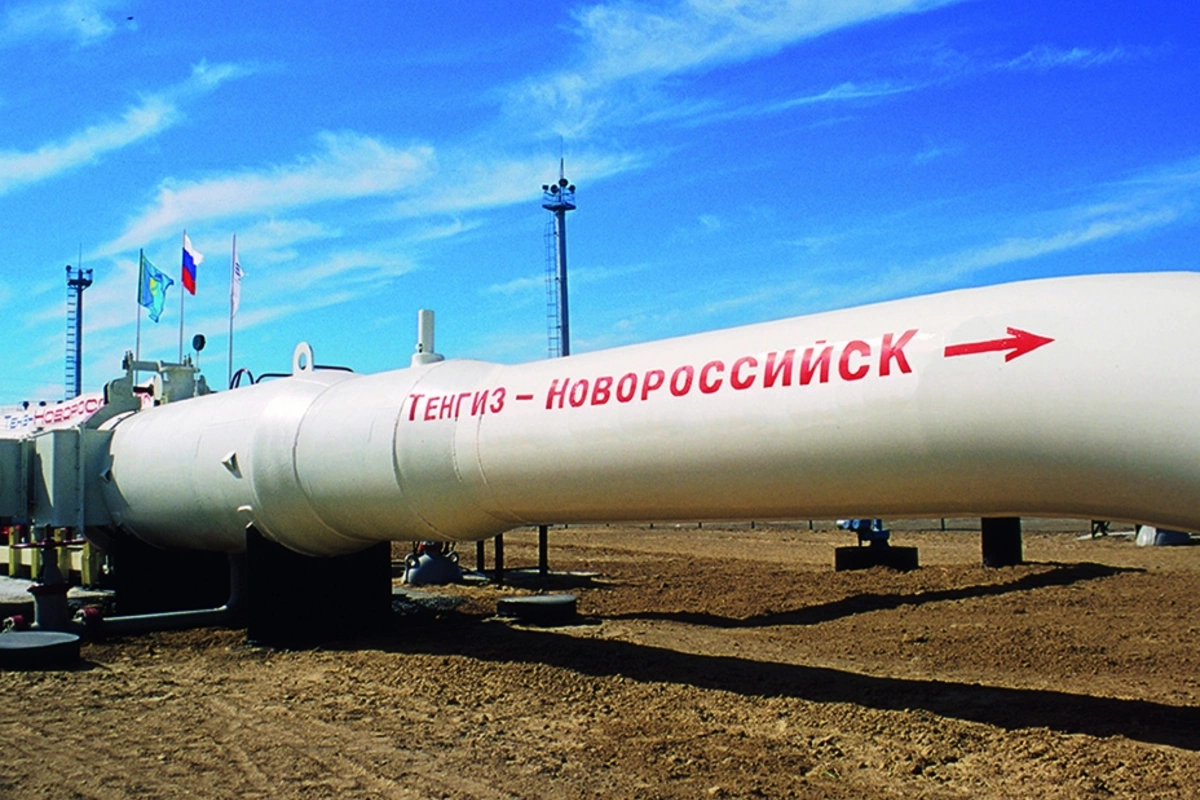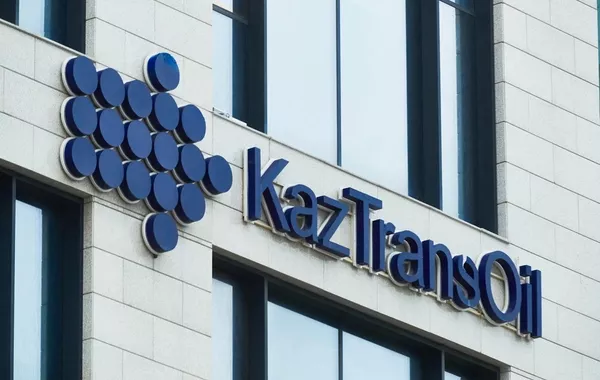
Photo: eurasianet.org
Authorities in Kazakhstan have shut down over 3,500 cryptocurrency exchanges operating illegally, according to an announcement from the Kazakh regulator, AFM RK. The crackdown was the result of coordinated efforts by the National Security Committee and the Ministry of Culture and Information, The Caspian Post reports citing foreign media.
State run oil pipeline operator KazTransoil, which operates the country's second largest export route for Kazakh oil, said on Monday that shipments via its pipeline network to Russia grew to almost 17.3 million tonnes (360,000 barrels per day) in 2024, an increase of 4% compared to a year earlier. Authorities in Astana have yet to release official export figures.
KazTransOil operates the Atyrau-Samara link, a connection to the Russian oil trunkline network which enables Kazakh oil producers to ship their output to the Russian ports of Novorossiysk and Ust-Luga and also via the Druzhba pipeline to Europe.
Since the imposition of international sanctions against Russia and its corporations in response to the February 2022 invasion of Ukraine, Kazakh President Kassym-Jomart Tokayev has repeatedly asked state-run and privately held oil producers to consider and foster alternative export routes that avoid Russia.
While a European embargo in force since December 2022 has stopped countries including Germany and Poland from receiving Russian oil imports via the Soviet era Druzhba pipeline, they are still able to receive deliveries of Kazakh oil via the link, which runs from eastern European Russia to Europe.
The pipeline splits in Belarus with a northern segment transiting Poland and terminating in Germany. The southern leg crosses Ukraine where it splits again into two spurs terminating in the Czech Republic and Croatia respectively.
Despite interruptions to the pipeline during the year, Kazakh oil shipments to Germany were estimated at about 27,100 barrels of oil in 2024, more than 12% above what was initially planned, executive chairman of Kazakhstan state run oil and gas holding KazMunayGaz, Askhat Khasenov, said in November, according to local media reports.
Oil flows were twice temporarily halted at isolated segments of the Druzhba pipeline in December, firstly due to the discovery of an oil leak in Poland and secondly following issues at an oil pumping facility in Russia.
Besides the Atyrau-Samara link, KazTransOil also delivers Kazakh oil to the Caspian port of Aktau from where it is shipped by tankers to Russia, and to Baku for export via the Baku-Tbilisi-Ceyhan pipeline terminating at the Turkish port of Ceyhan on the Mediterranean.
Kazakh finger-pointing
The majority of Kazakh oil shipments still reach European and global markets via an oil pipeline that is operated by Caspian Pipeline Consortium. It runs from the Kazakh city of Atyrau across Russia to a dedicated marine terminal near the Black Sea port of Novorossiysk.
According to the pipeline operator, a total of 1.2 million bpd of crude oil were lifted from Kazakhstan in 2023. Kazakh oil shipments via the Caspian pipeline were expected to remain at a similar level in 2024, according to preliminary estimates by industry observers in Moscow.
In January of last year, Caspian Pipeline Consortium said that it planned to increase Kazakh and Russian oil shipments by 10% year-on-year to about 1.53 million bpd in 2024, although it revised the expected annual growth in oil shipments to about 3% in May.
In a statement at the end of December, the pipeline operator strongly refuted a claim made by the Kazakh Energy Minister Almasadam Satkaliyev that maintenance stoppages on the pipeline network were one of the four reasons for Kazakhstan falling behind on its oil production plan for 2024, with the output coming more than 3% lower to about 1.83 million bpd from what the government wanted to achieve.
“There were no restrictions in the operation of the Caspian Pipeline in 2024 that could affect the reduction in the volumes of oil transportation by shippers, and there were no emergency stoppages in transportation”, the operator said.
According to Satkaliyev, three other reasons that had negatively impacted the country’s oil production, were unplanned maintenance works at the Karachaganak field, restrictions imposed by Russia’s Gazprom on shipping raw associated gas from Karachaganak to the Orenburg processing plant and finally, unscheduled repairs at the country’s largest oilfield, Tengiz.
A failure at a unit at a sour gas and sulphur treatment facility at Tengiz was discovered on 26 October 2024, Satkaliyev said, leading to a partial shutdown in the field’s oil production.
The ministry initially quoted Chevron-led operator Tengizchevroil as promising to complete repairs of the unit by end of November, however, the deadline was then adjusted to the end of December.
Speaking at the end of the last week in Astana, Satkaliyev said that repairs at Tengiz are now expected to continue until mid-January, according to Kazakh news agency Interfax-Kazakhstan.
Tengizchevroil declined to comment on the repairs at Tengiz when contacted by Upstream. The company reiterated an earlier statement, declaring: “To ensure safe and reliable operations, Tengizchevroil conducts necessary maintenance works on equipment at its facilities. Beyond this, the company does not comment on current or future production levels, nor on specific operational details.”
Share on social media
